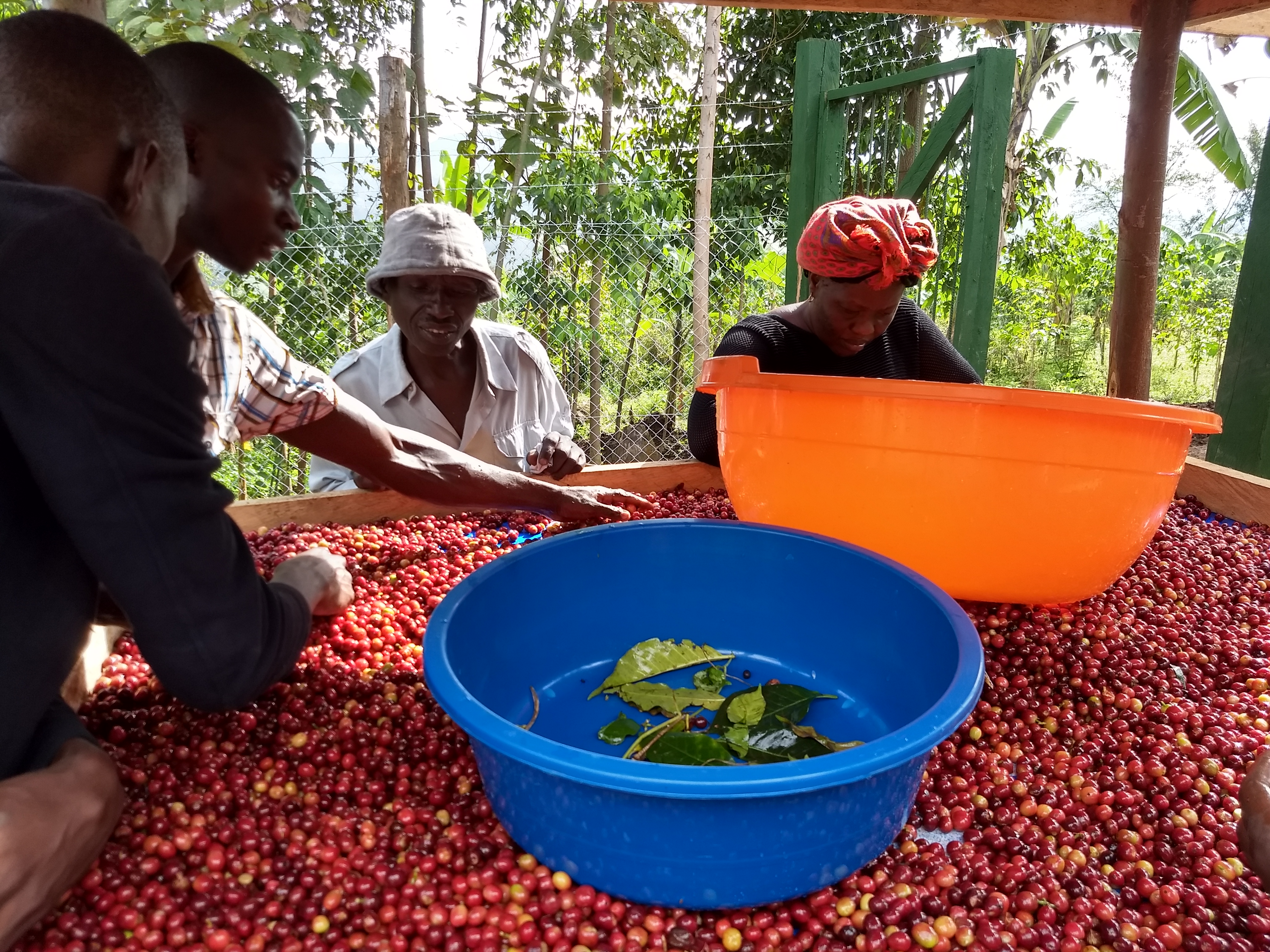Former Development Studies student, Jeff Geipel, now Venture Lead for Mining Shared Value, Engineers Without Borders Canada, talks about the importance of the Mining on Top: Africa Summit taking place in London this week from June 24-26. [See original PDF here.]
The picture of mining investment in Africa has changed a great deal since the end of the 2000s commodity boom. The downturn in global commodity prices means current and future projects across the continent will operate in a far different economic context than those before it. Politically, the continent has changed drastically as well since the end of the last decade, when governments could easily rely on high commodity prices to generate extensive tax revenues.
Investment into African mining is certainly not stopping however, and its continuance under leaner times actually presents an interesting opportunity for governments across the continent, as well as the mining companies who operate there.
This is a meaningful chance to get mining investment right.
For too long, many governments in Africa and elsewhere (including my own in Canada for that matter…) have relied on the easy cash of extractive industry tax payments. With the downturn in prices, government revenues have fallen as quickly as they rose in the last decade, leaving government treasuries in the lurch.
As explained recently by the Columbia Center on Sustainable Investment’s Lisa Sachs and Nicolas Maennling, Zambia, Mozambique and Sierra Leone are just some of the many countries that are facing great difficulties due to commodity price downturns, with exports falling, tax revenues dwindling, and currencies weakening.
Examples like this show that African governments and their investing mining companies need to work together to create genuine economic and social development out of current and future mining investment that can withstand commodity price drops.
For the mining companies, it is in their economic interest to ensure that host countries receive as many benefits as possible from their activities. With lower commodity prices they simply cannot afford project and operational delays due to dissatisfied citizens. In addition, when governments cannot show benefits from mining to their citizens, they will feel pressure to raise taxes on the companies doing the mining.
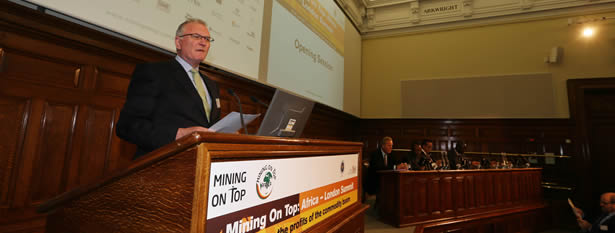
Hovering over all of these developments is the African Mining Vision, a comprehensive document signed by all heads of state of Africa in 2009. In it are calls for increased backwards linkages (local procurement) to host economies, as well as more value addition and the development of resource corridors.
But while the ambition for more benefits from mining activity is clearly present, much is left to be desired in the actual implementation of the Vision thus far.
Africa’s share of world manufacturing remains dismally low, at only 1.5% in 2010. Since then for most countries with data available, the share of manufacturing, value added, as a percentage of GDP has fallen or remained stagnant. Given the scale of mining activity going on across the continent, clearly not enough goods for mining activities are being produced by domestic economies, and in recent years relatively few imports have been displaced by local production.
The amount that mining operations in Africa spend on goods and services is absolutely massive. Recently the World Gold Council calculated that amongst its mining company members, on average 71% of in-country spending went to suppliers – more than taxes, wages and other payments combined. Importantly, however, in Africa huge portions of this in-country procurement spend go to imported goods, and services provided by foreign-owned firms.
If African states and the mining companies investing in them want to achieve the African Mining Vision, clearly shifting more of this procurement spending to domestically manufactured goods will need to be at the centre of the discussion. And, this relatively slower pace of current investment allows for everyone to work together to harness the spend of mining projects and operations to create comprehensive development plans. Governments, mining companies, development agencies, educational institutions – all of these actors need to be part of the plan to build skills, upgrade technologies and utilize procurement spending to create economic clusters and diversify into new sectors.
And so, while investment in Africa yields huge opportunities for mining companies, it will be contingent on both them and hosting governments to ensure that citizens gain widespread opportunities from it as well. It is up to everyone to seize this moment to increase the benefits of mining activity for all stakeholders, and work towards achieving the African Mining Vision.
I am looking forward to engaging with African policy makers, mining companies and investors on all of this, at the Mining on Top: Africa – London Summit from June 24-26. It will be an exciting and timely opportunity to dive into how we can all work together to achieve these goals.
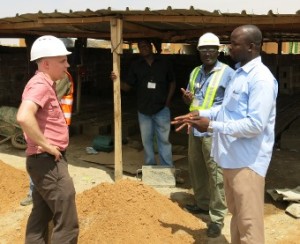 Jeff Geipel (MSc Development Studies, 2012) is the Venture Lead for Mining Shared Value, a venture of Engineers Without Borders Canada.
Jeff Geipel (MSc Development Studies, 2012) is the Venture Lead for Mining Shared Value, a venture of Engineers Without Borders Canada.
You can learn more about their work promoting local procurement by the global mining industry at miningsharedvalue.com. Also, follow them on Twitter @ewb_msv for the latest news and developments on mining local procurement from around the world.
Related Posts:
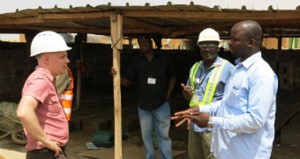  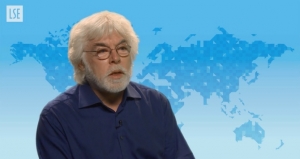 |





